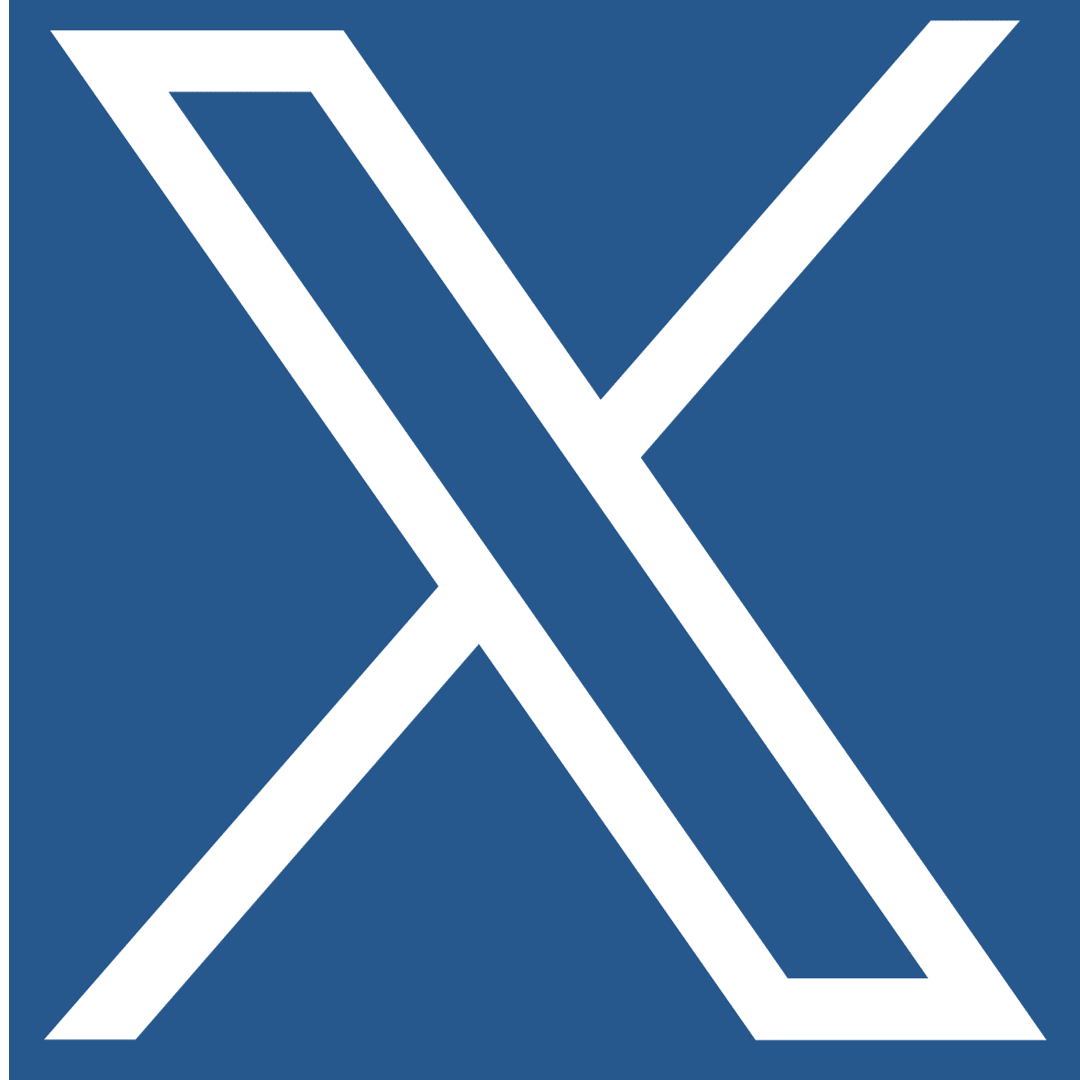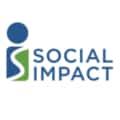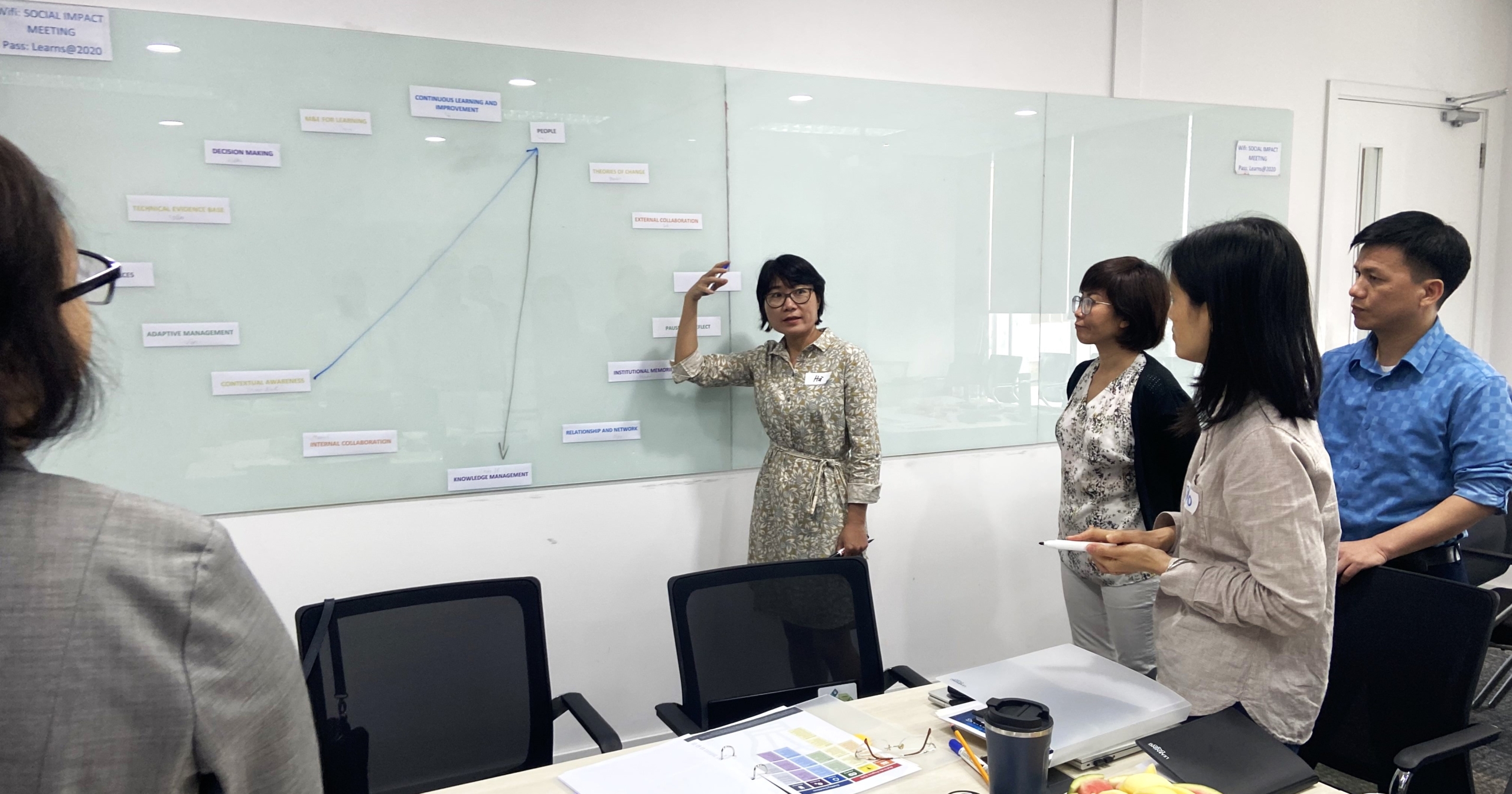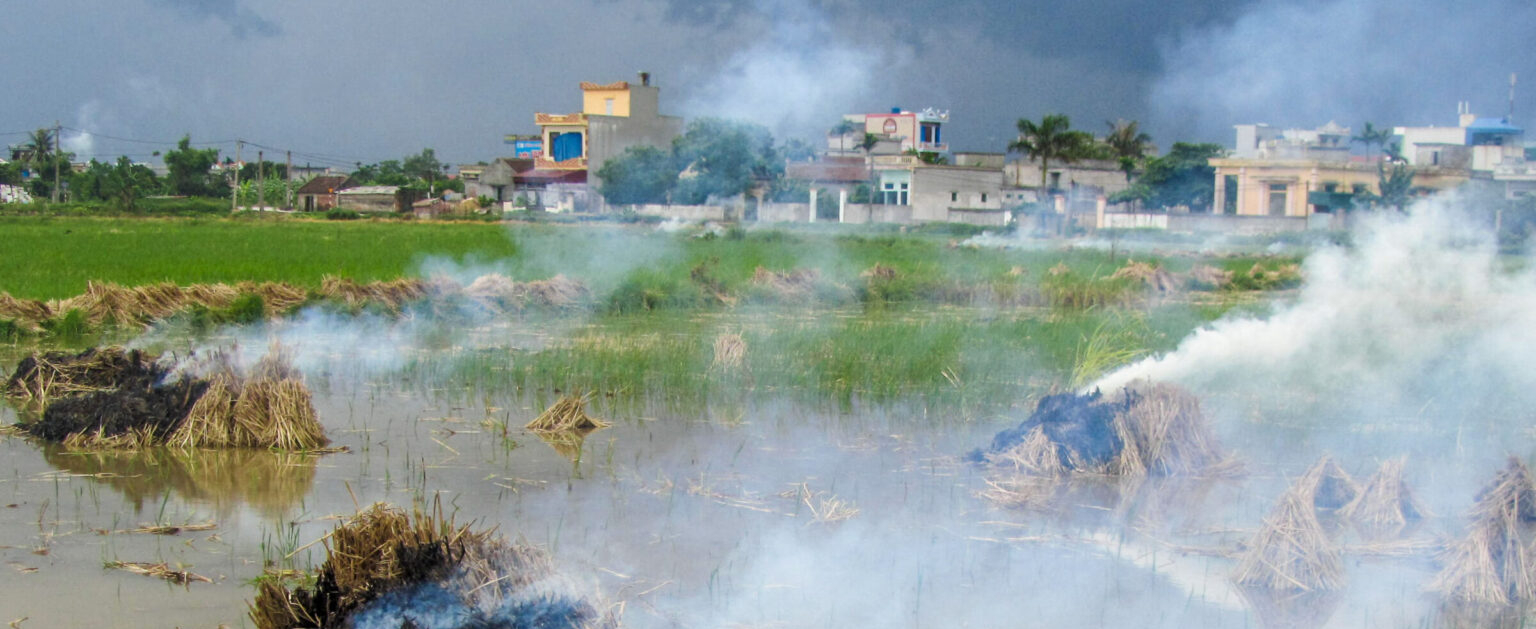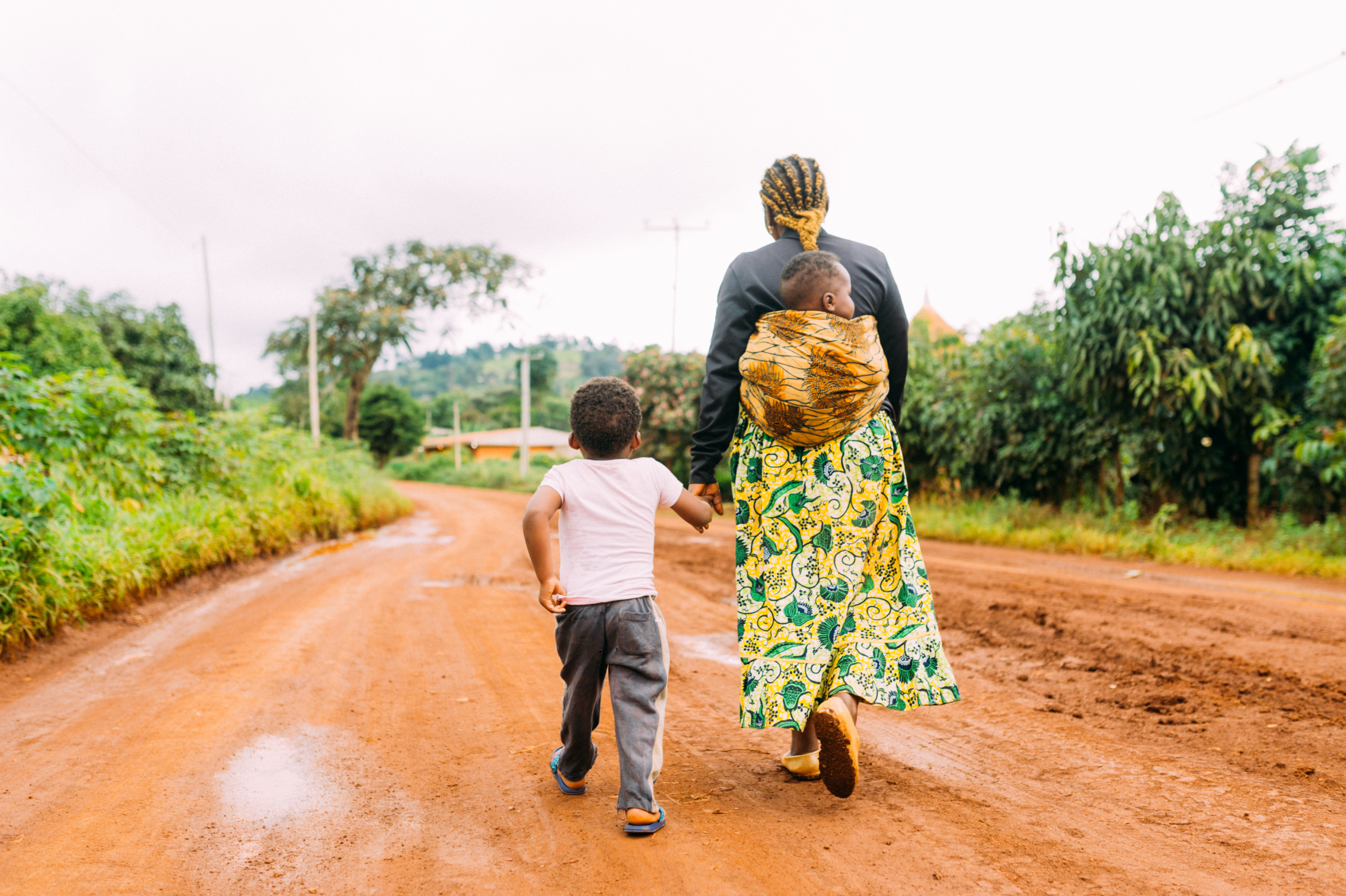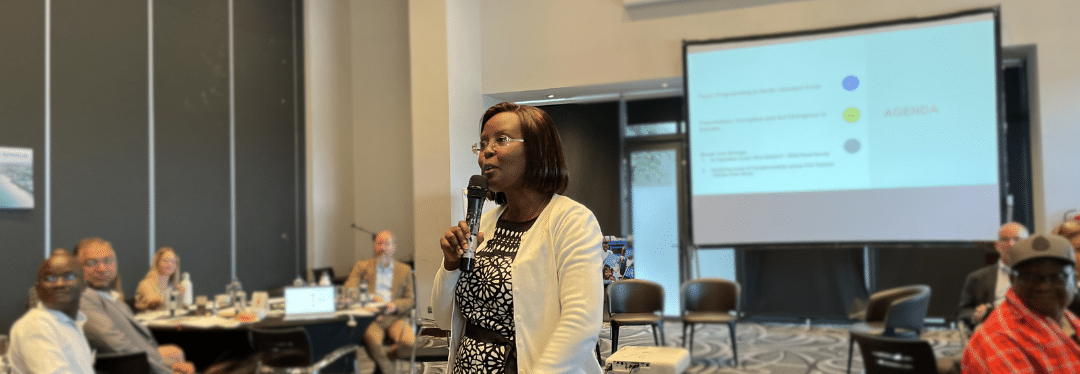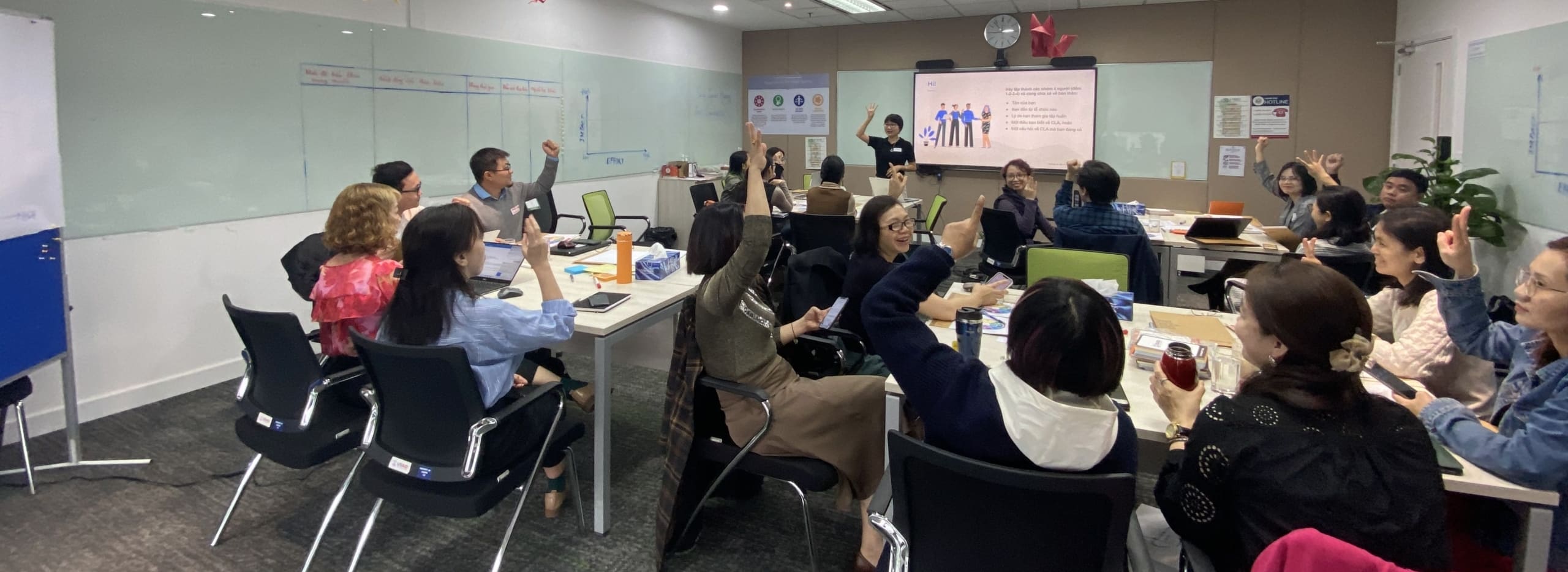By Danielle de Garcia and Sierra Frischknecht
The Young African Leaders Initiative (YALI) is a prime intersection for two hot trends in development: investing in the rising youth population in Africa and investing in evidence for learning what works, what doesn’t, and what we can do better to accelerate development.
The Mastercard Foundation, in partnership with the US government, created four YALI Regional Leadership Centers (RLCs) in Ghana, Kenya, Senegal, and South Africa. The Centers offer high quality leadership programming, training, and continuous development opportunities in business and entrepreneurship, public service, and civic engagement.
The Mastercard Foundation coupled its investment in the RLCs with resources to support learning. YALI’s structure and complex goals require a more holistic and iterative evaluation and learning lens than traditional approaches. As YALI’s learning partner, Social Impact uses a variety of approaches to respond to stakeholder needs, address learning questions, and facilitate adaptive management.
We have learned the following lessons about what works for learning partnerships:
1. Emphasis on learning. Learning is more than collecting information (a key component of monitoring) or even reporting on progress (the goal of many evaluations). A learning-centered approach combines these pieces to focus on making improvements.
During the first Annual Learning Summit, Social Impact and YALI stakeholders listed learning topics that were of interest and then ranked them by priority. We selected the highest priority questions to be addressed over the following year.
2. Partnership paradigm. The learning partner and implementing organizations should share mutual goals and work together to achieve them. This paradigm shift from an objective evaluator to a quasi-implementer who is invested in the success of the program is critical for strong learning partnerships. All groups should agree on the purpose of the partnership, so it becomes a useful tool rather than an administrative burden.
In addition to conducting regular evaluation work, Social Impact also advises on monitoring and reporting, collects feedback on deliverables, and conducts training on M&E techniques. The goal of all these efforts? Improve learning for the RLCs, so they can in turn improve their programming and their impact.
3. Convener and accelerator. Learning can often fall behind in favor of urgent, mission-critical tasks. A learning partner ensures the focus on learning isn’t lost in implementation. The learning partner convenes stakeholders regularly, follows up on topics of interest, and adds extra support to other learning initiatives.
An Annual Learning Summit brings together stakeholders from across the globe to discuss outcomes from the previous year and identify priorities for the coming year. We supplement this with ongoing outreach, including frequent calls with each RLC and learning updates to keep a focus on learning year-round.
4. Learning deepens over time. The great advantage of a long-term learning partner is in having multiple learning opportunities by the same stakeholders, allowing a deeper dive into topics that might otherwise only get light treatment during a single learning activity.
During the first performance evaluation, many YALI alumni said that the network was the most important takeaway for them after the program. After consultations with YALI stakeholders, our next round of evaluation work will explore these networks and the impact they have in greater detail.
5. Flexible and responsive to changing stakeholder priorities. Implementation changes over time, and a learning partnership should adapt with the project. A long-term partnership doesn’t need to have everything planned out from the beginning, and benefits from flexibility to add or redirect work as the partnership continues.
The nature of the YALI partnership has evolved. One of the first tasks was to work together to define a YALI-wide results framework and theory of change. Over time, the partnership has added new elements (evaluations, learning calls, an information system database) that bring stakeholders together. Open communication with YALI stakeholders ensures top priorities – including those identified later in the process – are included.
